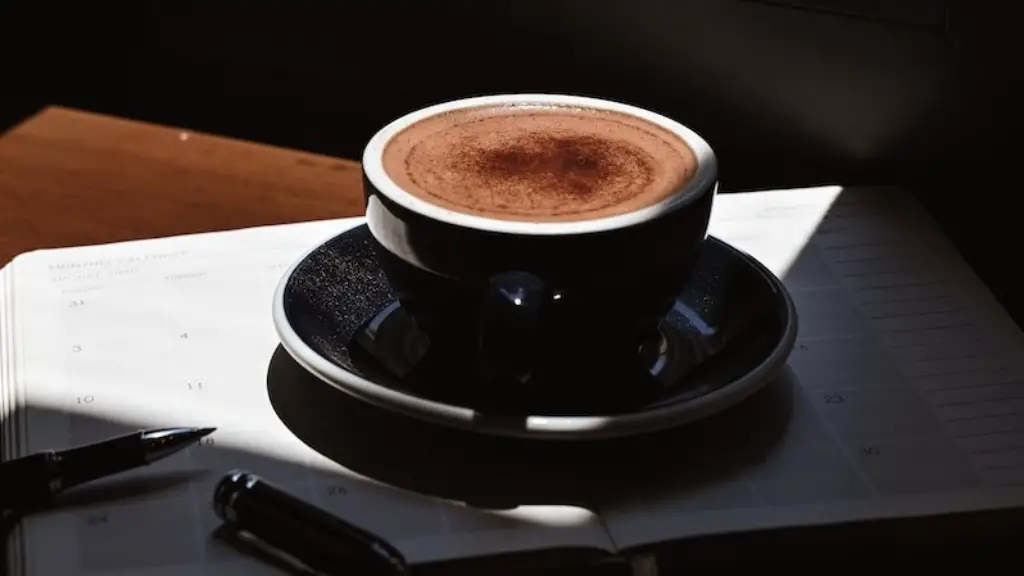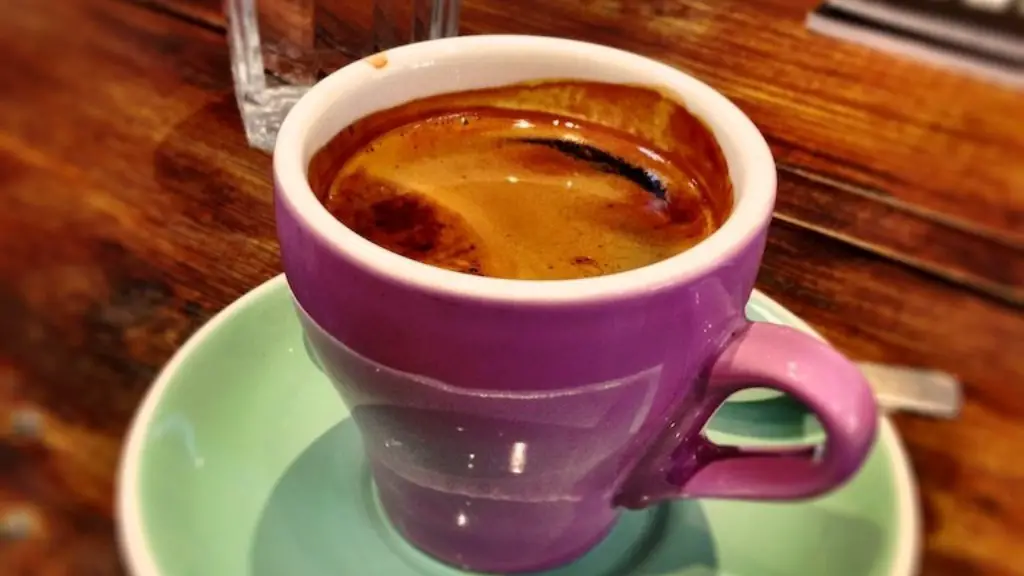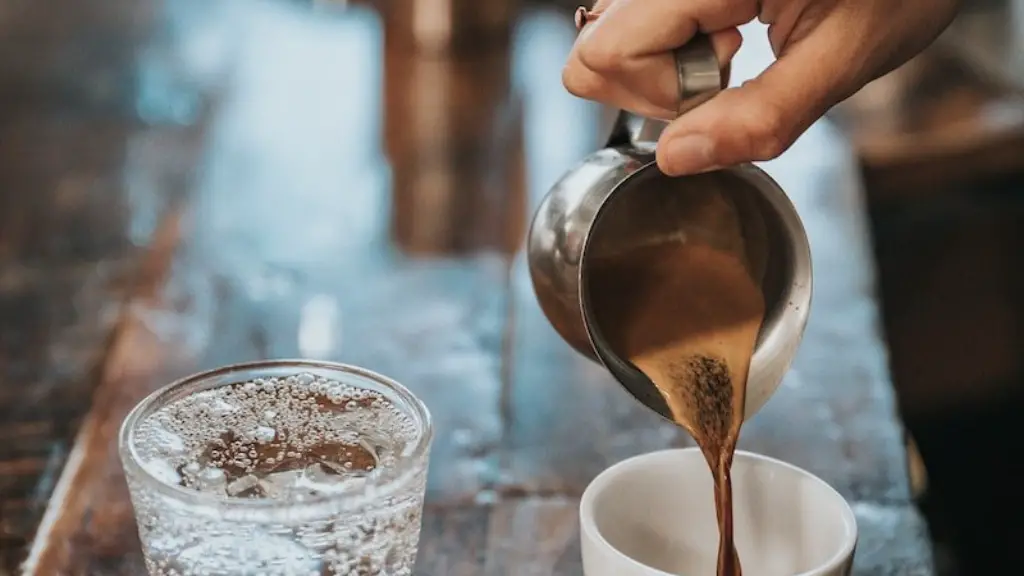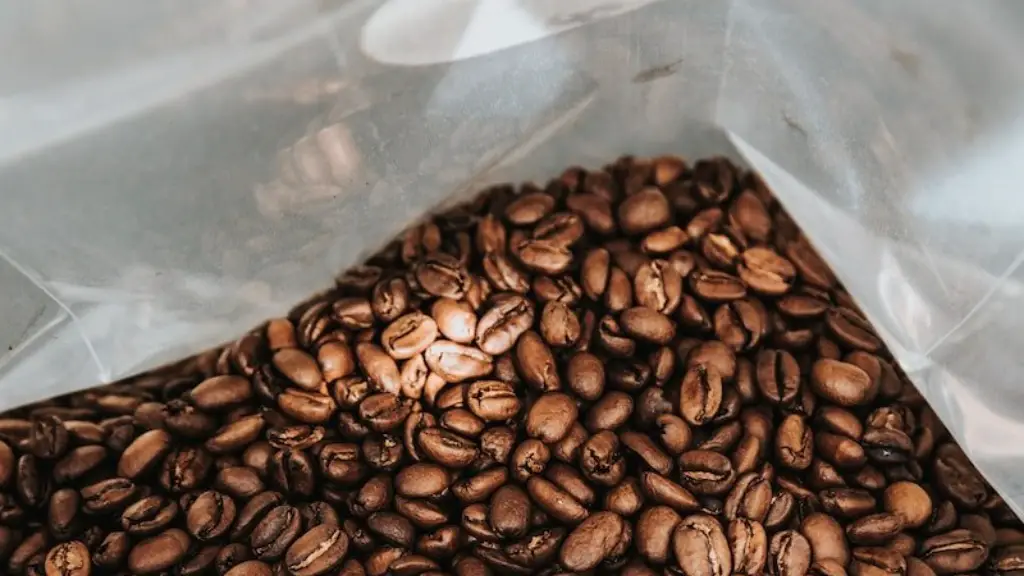Coffee has been a part of people’s daily lives for centuries, and it continues to be a popular drink today. But is it good for your health?
The answer might not be as straightforward as you think. A lot of research has been done on the effects of drinking coffee, but results are still inconclusive. Some studies show that there can be considerable health benefits of drinking coffee, while others suggest that it may be negative. With so many conflicting results, it can be challenging to determine whether it’s beneficial or not.
The first thing to note is that not all coffee is created equal. Coffee purchased from a café or restaurant that is made with cream and sugar can add excessive amounts of calories to your diet. However, if you’re drinking black coffee without any added ingredients, the health benefits are greater. Research has shown that drinking up to three cups of black coffee per day can reduce the risk of cardiovascular and neurological diseases.
One of the biggest benefits of drinking coffee is its ability to energize and keep you alert. Caffeine, which is a naturally occurring stimulant, is the primary active ingredient in coffee. It blocks the effects of an inhibitory neurotransmitter in the brain, which can help increase alertness and focus. Furthermore, drinking coffee can also help reduce the risk of certain types of cancers and type 2 diabetes.
However, coffee isn’t all good. Drinking too much of it has been linked to a range of potential side effects, such as nervousness, restlessness, insomnia, digestion issues, and headaches. Furthermore, there is also evidence that drinking too much coffee can lead to an increased risk of heart palpitations and stroke.
In conclusion, the overall benefits of drinking coffee outweigh the risks if it is consumed in moderation. Consult your doctor for advice on how much, if any, coffee is safe for you to consume. Most authorities recommend no more than three to four cups of coffee a day in order to ensure optimal health benefits.
Combining Coffee with Diet and Exercise
It is important to combine the consumption of coffee with a healthy diet and exercise. A healthy diet should include foods that are high in essential vitamins and minerals, while exercise should be done on a regular basis to keep the body strong and fit. Drinking coffee can help reduce the risk of certain diseases, but it can only do so when combined with a healthy lifestyle.
In addition to drinking coffee in moderation, it is also important to ensure that it is consumed responsibly. This means avoiding added ingredients such as cream and sugar, which are both full of calories and can easily add up if consumed in excess. Furthermore, avoiding excessive amounts of sugar and cream can help ensure that coffee is consumed in its most natural state for optimal health benefits.
Finally, it is important to remember that everyone is different, and the effects of coffee may vary from person to person. Individuals who are sensitive to the effects of caffeine may find that drinking coffee can cause headaches, nervousness, restlessness, and insomnia. Therefore, it is important to keep track of how coffee affects you, and if you experience any negative effects it is best to reduce your coffee intake.
Understanding the Prevalance of Coffee Drinking in Different Countries
Coffee drinking isn’t just popular in one part of the world; its usage is widespread across the globe. In Italy, for example, it is an integral part of their daily life and culture. Italians often gather around small cafes to share a cup of espresso. Cafes are a large part of the Italian culture and are a place for people to socialize and catch up with friends and family.
In the US, coffee is often seen as a morning ritual. Polls have shown that approximately 64% of Americans start their day with a cup of coffee. This has contributed to the US being the largest consumer of coffee in the world. In fact, it is estimated that the average American drinks three cups of coffee each day.
In some countries, coffee is more than just a beverage. In Ethiopia, its consumption is seen as a form of therapy. Coffee drinking is seen as an important part of their culture and is often used as a way to bring people together and relax. Ethiopians often drink coffee in a communal setting, and as a result, it has become a form of therapy for them.
In addition to being a beverage, in some countries coffee has become a marker of social class. In Great Britain, large amounts of coffee are imported each year and consumed in finer restaurants and aristocratic homes. This has caused it to become increasingly associated with the upper class.
A Look at Major Coffee Producers Worldwide
Coffee is produced in various countries around the world and exported for consumption. Brazil is the largest producer of coffee in the world, producing approximately 36% of the world’s coffee. It is followed by Vietnam and Colombia, which produce approximately 15% and 11% of the world’s coffee respectively.
Other notable producers of coffee include Indonesia, Ethiopia, Honduras, India, Peru, Guatemala, Mexico, and the United States. It is estimated that approximately 75 countries produce some amount of coffee, though the top 10 countries produce the bulk of the world’s coffee.
Most of the world’s coffee is produced in tropical regions, in countries such as Brazil, Indonesia, and Colombia. These countries have the ideal climate and soil conditions for the cultivation of coffee. Ethiopia, another major producer of coffee, produces the majority of its coffee in the mountainous regions of the country, due to its cooler and better-draining soil.
Exploring the Varieties of Coffee Tastes and Flavors
There are also various types of coffee that have different tastes and flavors. Arabica is the most widely consumed variety of coffee and is known for its milder flavor. Robusta is another type of coffee that has gained popularity in recent years and is known for its stronger flavor and higher caffeine content. Other varieties of coffee include Liberica and Typica, which are both relatively uncommon in the mainstream market.
Seasonal coffee is also gaining popularity, with many coffee drinkers looking for a unique specialty coffee each season. These coffees are often sourced from rare and lesser-known coffee-producing regions and vary in taste and flavor profile. During the summer, many coffee drinkers look for lighter, more acidic coffees which provide a refreshing experience. In the winter, however, coffee lovers tend to look for deep, rich flavors to be paired with their coffee.
Additionally, coffee roasters often blend multiple varieties of coffee to create a unique flavor profile. This can include blending Robusta and Arabica beans, different varieties of Arabica beans, or a combination of both. Regardless of the type of coffee, the way it is brewed also affects its taste and flavor.
An Examination of Various Brewing Methods
A range of different brewing methods are used to produce coffee. Espresso is one of the most popular methods and is produced when coffee is forced through hot water at high pressure. This produces a coffee concentrate which is both full of flavor and creamy. It can then be enjoyed as a shot, or with added milk and other ingredients.
Drip brewing is another popular method in which water slowly drips through coffee, producing a full-bodied brew. This method produces an aromatic and flavorful coffee. French Press and pour-over brewing are two more methods which are often used in specialty coffee shops.
Cold-brew is also becoming increasingly popular among coffee drinkers. This method involves slowly soaking coffee grounds in cold or lukewarm water for a long period of time. It is known for producing a sweeter and more refreshing coffee than other methods. It can be consumed as is, or diluted with milk, water, or more recently, sparkling water.
With so many different brewing methods available, it can be difficult to decide which one to use for your coffee. Ultimately, it is a matter of preference. Some people prefer the concentrated flavor of espresso, while others may prefer lighter coffees. It’s all a matter of taste.





